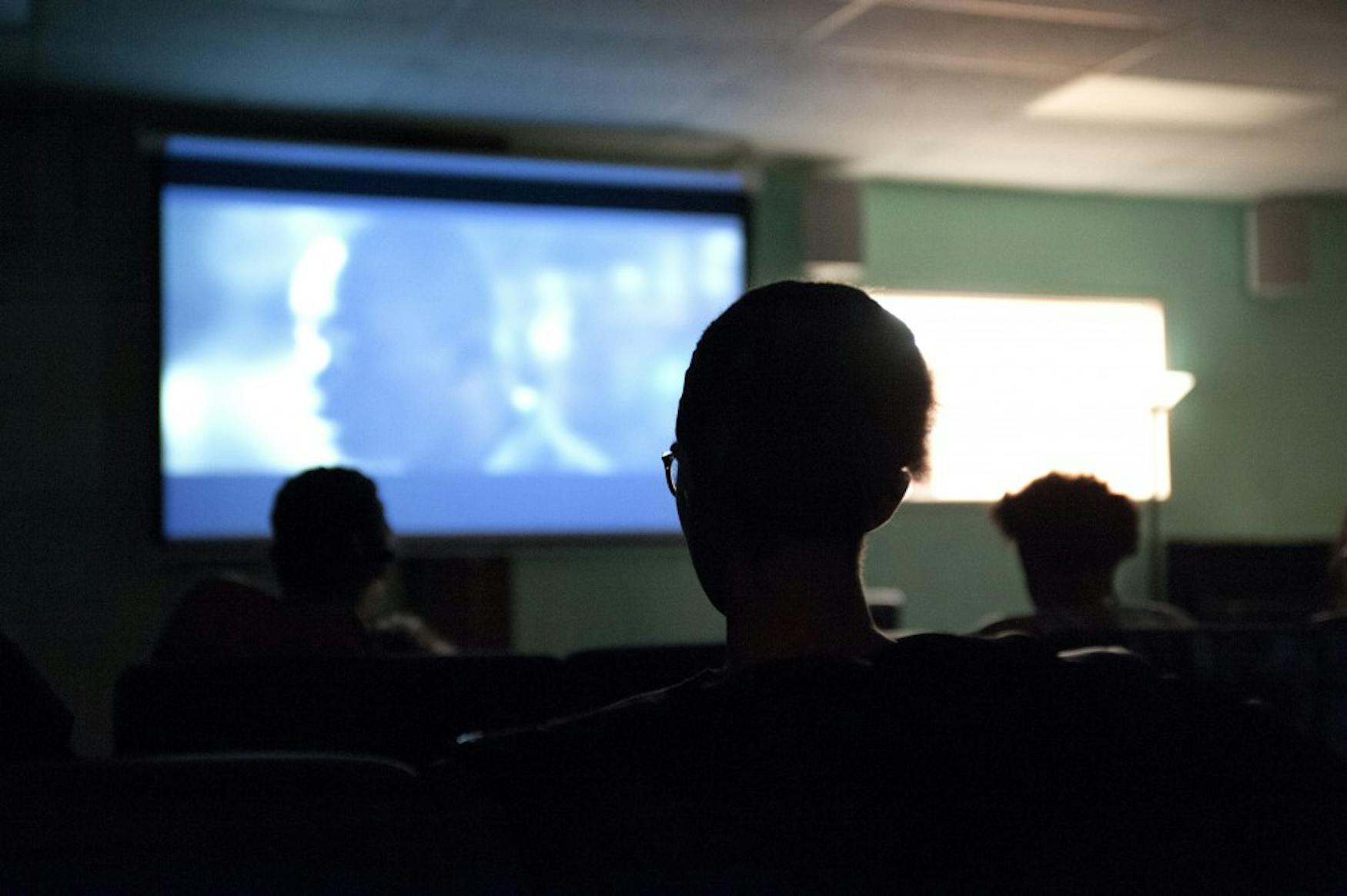Film explores effect of immigration on identity
On the screen, students watched a Haitian woman sell her clothes at an open market on the streets of the Dominican Republic. The woman, named Yuli, emigrated from Haiti and is now a pillar of her community, having lived in the Dominican Republic for 35 years and raised her children there. However, in recent years, her place in her community has been jeopardized by the fact that she is an immigrant.
Yuli’s son, filmmaker Jean Jean, tells the story of his mother navigating the regularization requirements in the film “Si Bondye Vle, Yuli,” which in Haitian Creole translates to “God Willing, Yuli”; it is interspersed with the family’s history in the Dominican Republic and Haiti from both Jean and Yuli’s perspectives. The Brandeis Caribbean Club screened the film on Thursday night and discussed humanitarian issues related to immigration in the two countries during a Q&A with Jean.
Haiti and the Dominican Republic share an island in the Caribbean, with a long border dividing the island approximately in half. During the Q&A after the screening, Jean stated that he created the film to help Haitians learn about the struggles of their brethren in the Dominican Republic, and to have Dominicans learn about their peers of Haitian descent and engage with them.
According to its production company Soup Joumou Films, the film questions what it means to belong, in addition to examining the bonds between a country and its people by telling the history of Haitian immigration to the Dominican Republic.
In prior decades, Haitians came in large numbers to the Dominican Republic in search of labor on sugarcane plantations and quickly established roots in their new communities. These immigrants had children who were born Dominican citizens, and many of the first-generation immigrants became citizens as well.
In 2013, the Dominican Republic passed a law revoking the citizenship of any Dominicans born in the country to undocumented parents since 1929. An international outcry ensued, and in 2014, the Dominican government created a regularization plan for these now-illegal residents. The law put the status of millions of people like Yuli in limbo, who faced deportation if they did not meet the plan’s stringent requirements.
This law is not the first immigration contention between Dominicans and Haitians. In 1991, then-president of the Dominican Republic Joaquín Balaguer deported thousands of Haitian immigrants, including Jean and his family. Because Haiti had recently held its first democratic elections, Yuli did not fight her deportation, wanting to raise her children under democracy, according to the film. When revolutionaries overthrew the new Haitian government, Jean said, his family went back to the Dominican Republic to flee the chaos.
The Dominican government’s regularization plan divides immigrants into two groups: Dominicans whose citizenships were revoked and undocumented immigrants. The plan, Jean stated, was meant to divide people, as the first group contains two subsets: those who have two Haitian parents and those who have one Haitian and one Dominican parent.
Though the government has created a regularization plan, the requirements for regaining citizenship are stringent and hard to meet. For example, one is required to obtain nine witness signatures to get some of the necessary documents. For Yuli, Jean stated, this was not a problem, since she was well-connected in her community. For others, however, finding these signatures was more difficult, and they could not get the documents. Other requirements included having a bank account open for at least 18 months, proof of education and no criminal record. Haitians would often have to travel long distances to get the documents, which would sometimes contain mistakes — something that happened to Yuli three times on the same document.
In the film, Jean went through the process of getting these documents because, he stated, he wanted “to take his mother’s struggle as his own struggle.” Jean added that he was privileged in understanding this process and knowing which questions to ask, but he still could not fulfill many of the requirements.
Jean explained that though the film focused on his mother’s struggle to complete the regularization process, he also included his story “to have two different perspectives.”
The regularization process also carried stigma; in the past, when many Haitians tried to register, they would be arrested and deported. Being regularized now, Jean said, protects him from deportation, but also gives him the status of “not a resident,” which does not allow him to work, study or apply for medical insurance.
At the end of the film, Jean spoke of the impact of the regularization process and provided statistics to support his claims. According to Jean, before the 2013 law, there were 288,000 Dominicans of Haitian descent in the Dominican Republic, and 200,000 of them completed after the 2013 law the regularization process. Of those going through the process, 98 percent were of Haitian descent.
Jean asked his mother during the film if she would ever move back to Haiti. She replied that she would not, saying, “I’m not afraid to live in Haiti. But here, I am free. I go to the market and whether I sell or not, I always bring food to the table. But in Haiti … I would be starting from scratch.”



Please note All comments are eligible for publication in The Justice.